What Liz Truss and Rishi Sunak are saying about immigration
Conservative leadership rivals have both outlined plans to crack down on illegal migrants
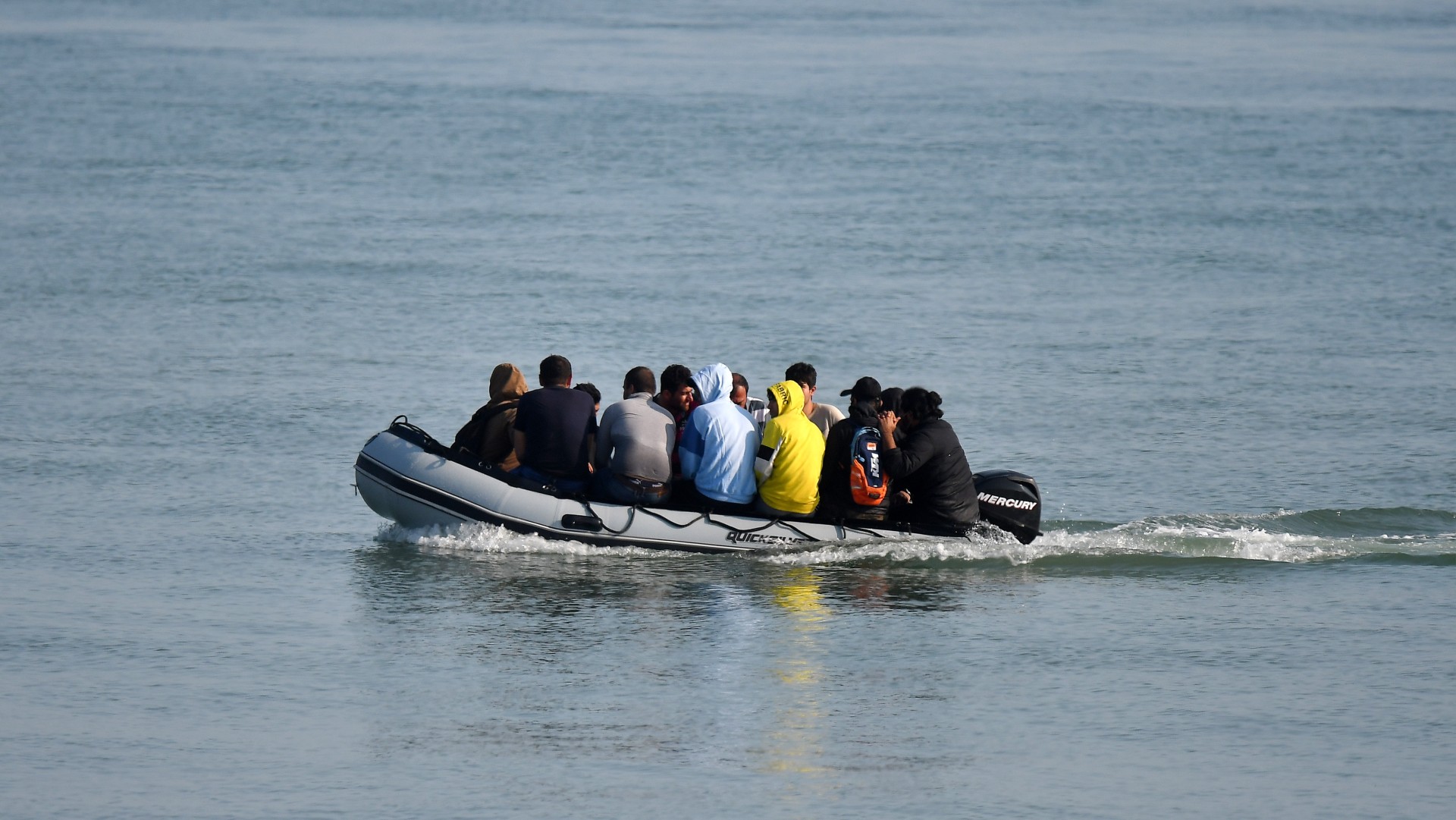
A free daily email with the biggest news stories of the day – and the best features from TheWeek.com
You are now subscribed
Your newsletter sign-up was successful
Liz Truss and Rishi Sunak have launched an immigration “arms race” as they embark on a crucial week in the Conservative leadership contest.
As the two rivals prepare to go head-to-head in a series of TV debates, the former chancellor is trailing Foreign Secretary Truss in polls of Tory party members, who will choose their next leader and prime minister. Both are seeking to position themself as the candidate most likely to get a grip of illegal immigration, an issue that “frequently ranks near the top of the concerns of party members”, said the Financial Times.
What is Sunak proposing?
In a ten-point plan released on Sunday, Sunak proposed to tackle immigration by imposing a cap on the number of refugees the UK accepts; narrowing the definition of those entitled to claim asylum; and enhancing powers to detain, tag and monitor illegal migrants. His plan also includes housing migrants seeking asylum on disused cruise ships moored around the country rather than in hotels, which costs £5m a day.
The Week
Escape your echo chamber. Get the facts behind the news, plus analysis from multiple perspectives.

Sign up for The Week's Free Newsletters
From our morning news briefing to a weekly Good News Newsletter, get the best of The Week delivered directly to your inbox.
From our morning news briefing to a weekly Good News Newsletter, get the best of The Week delivered directly to your inbox.
And he put forward a measure making “aid, trade and visas conditional on a country’s willingness to cooperate on returns” of migrants who have illegally entered the UK. The current system is “broken” and there is “absolutely nothing racist” about wanting secure borders, said Sunak, who claimed that people who came to the UK legally also want action to crack down on those who do not.
Unveiling his immigration plan, the would-be leader said that if he won the contest, a meeting with French President Emmanuel Macron to find a solution to small-boat crossings would be top of his agenda. The result could be a new cross-government taskforce, he suggested.
His proposals were immediately “picked apart by Truss allies”, The Independent reported. Critics said detail was lacking on how the refugee quota would work and claimed that some of Sunak’s plans amounted to a “rebrand”. Allies of Truss also suggested plans to house illegal migrants on cruise ships would amount to arbitrary detention and a breach of both domestic and international law.
What are Truss’ plans?
Setting out her own plans in a series of tweets on Sunday, the foreign secretary promised to extend the Rwanda migration scheme to other countries; to not be constrained by the European Convention on Human Rights; and to increase front-line Border Force staff by 20% while doubling Border Force Maritime staffing levels.
A free daily email with the biggest news stories of the day – and the best features from TheWeek.com
Her “most controversial” pledge, according to The Times’ political editor Steven Swinford, was to explore “all possible turnaround tactics” to deter Channel migrant crossings by effectively forcing back small boats. Boris Johnson was “keen to pursue the idea, and the Home Office investigated schemes including using cutters to block migrant boats and the use of wave machines”, wrote Swinford. But the plans “were dropped after officials refused to implement them amid concerns for loss of life”.
What about the Rwanda asylum scheme?
Research by international initiative More in Common found that Conservative Party members cared more than other members of the public about the issue of how to handle refugees who cross the Channel in small boats.
The government’s controversial plan to send illegal migrants to Rwanda to have their asylum claims processed “has been the subject of fierce criticism” since being announced by Home Secretary Priti Patel in April, said CNN.
But with the plan proving popular among Tory members, the two final candidates in the race to become the UK’s next PM have both vowed to extend the policy.
In an interview with The Mail on Sunday, Truss called the scheme “the right policy” and said she intended “to see it through to full implementation”. She would expand the project by exploring similar partnerships with other countries, Truss added.
Sunak is making similar promises, despite claims by a Whitehall source that the ex-chancellor had previously “dragged his heels over the Rwanda partnership”, according to The Telegraph.
Hitting back at critics, Sunak’s campaign said he would do “whatever it takes to get our partnership with Rwanda off the ground and operating at scale and pursuing other migration partnerships”.
What has been the reaction been?
Truss and Sunak have “entered into an arms race as to who could go further in their bid to limit the numbers of people entering the UK”, said the i news site’s political correspondent Richard Vaughan.
As they compete for the backing of “an audience that is much more hardline than the general public”, Sunak and Truss are “happy for the time being to engage in a battle over which one has the most extreme immigration policies”, agreed The Guardian’s Aubrey Allegretti. But “that may change when the winner is confronted with having to win over tens of millions of voters instead of about 180,000 party members”.
Both candidates’ proposals have faced widespread criticism. Oxfam warned that any plan to link UK aid payments to countries’ cooperation with immigration removals was “cruel”. Sam Nadel, the charity’s head of government relations, said that “if anything, this shows that the heat of campaigning leads to bad policy”.
Experts have also questioned the likelihood of either of the candidates’ policies ever being implemented, “given the legal and practical issues”, The Times’ Swinford reported. Robert McNeil, deputy director of the Migration Observatory at Oxford University, told the paper that “these policies don’t really offer anything new”.
“They’re all just doubling down on things that are either already happening or have been dismissed as legally problematic or unlikely to work,” McNeil added.
-
 The ‘ravenous’ demand for Cornish minerals
The ‘ravenous’ demand for Cornish mineralsUnder the Radar Growing need for critical minerals to power tech has intensified ‘appetite’ for lithium, which could be a ‘huge boon’ for local economy
-
 Why are election experts taking Trump’s midterm threats seriously?
Why are election experts taking Trump’s midterm threats seriously?IN THE SPOTLIGHT As the president muses about polling place deployments and a centralized electoral system aimed at one-party control, lawmakers are taking this administration at its word
-
 ‘Restaurateurs have become millionaires’
‘Restaurateurs have become millionaires’Instant Opinion Opinion, comment and editorials of the day
-
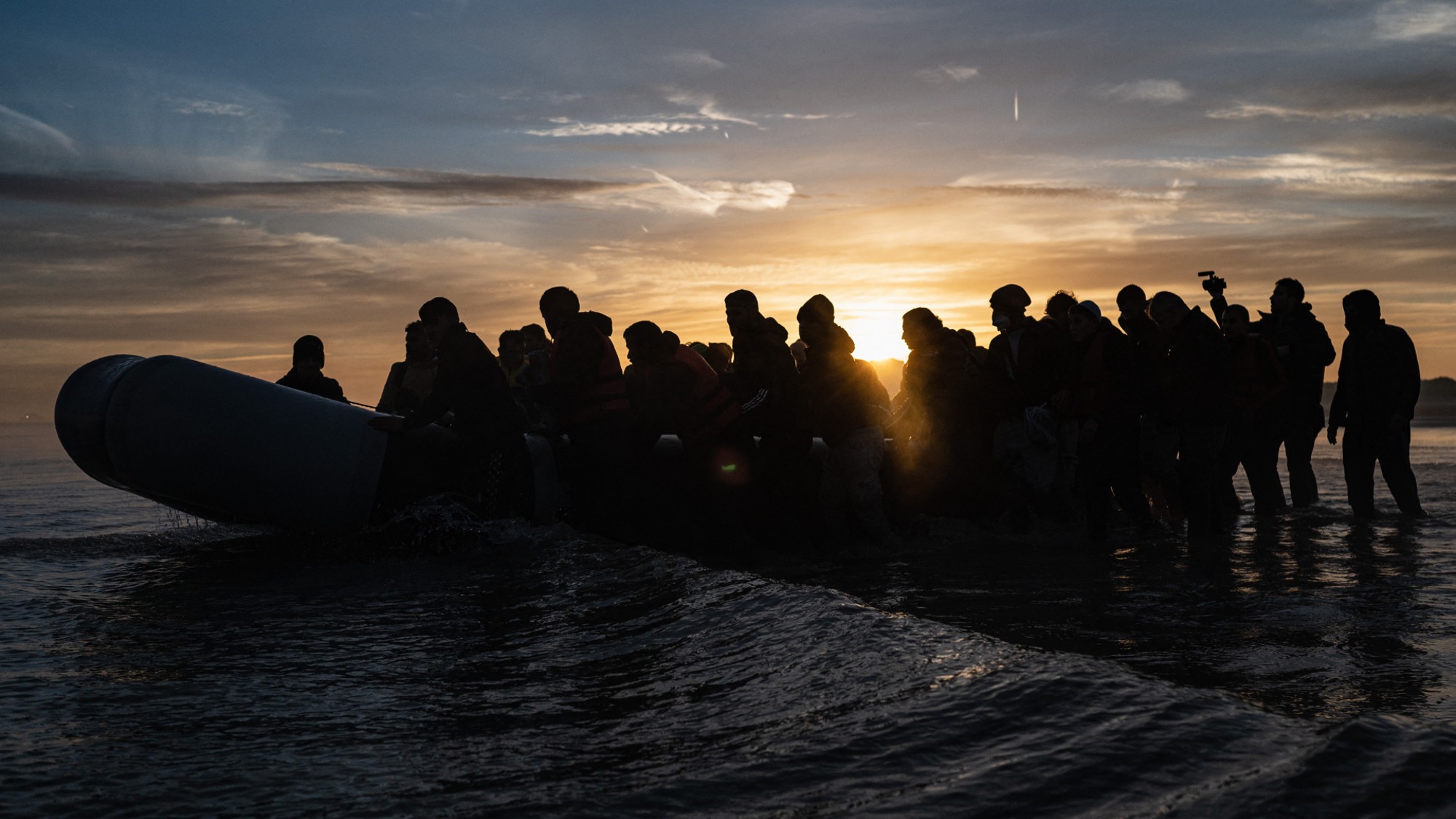 How people-smuggling gangs work
How people-smuggling gangs workThe Explainer The Government has promised to 'smash' the gangs that smuggle migrants across the Channel. Who are they and how do they work?
-
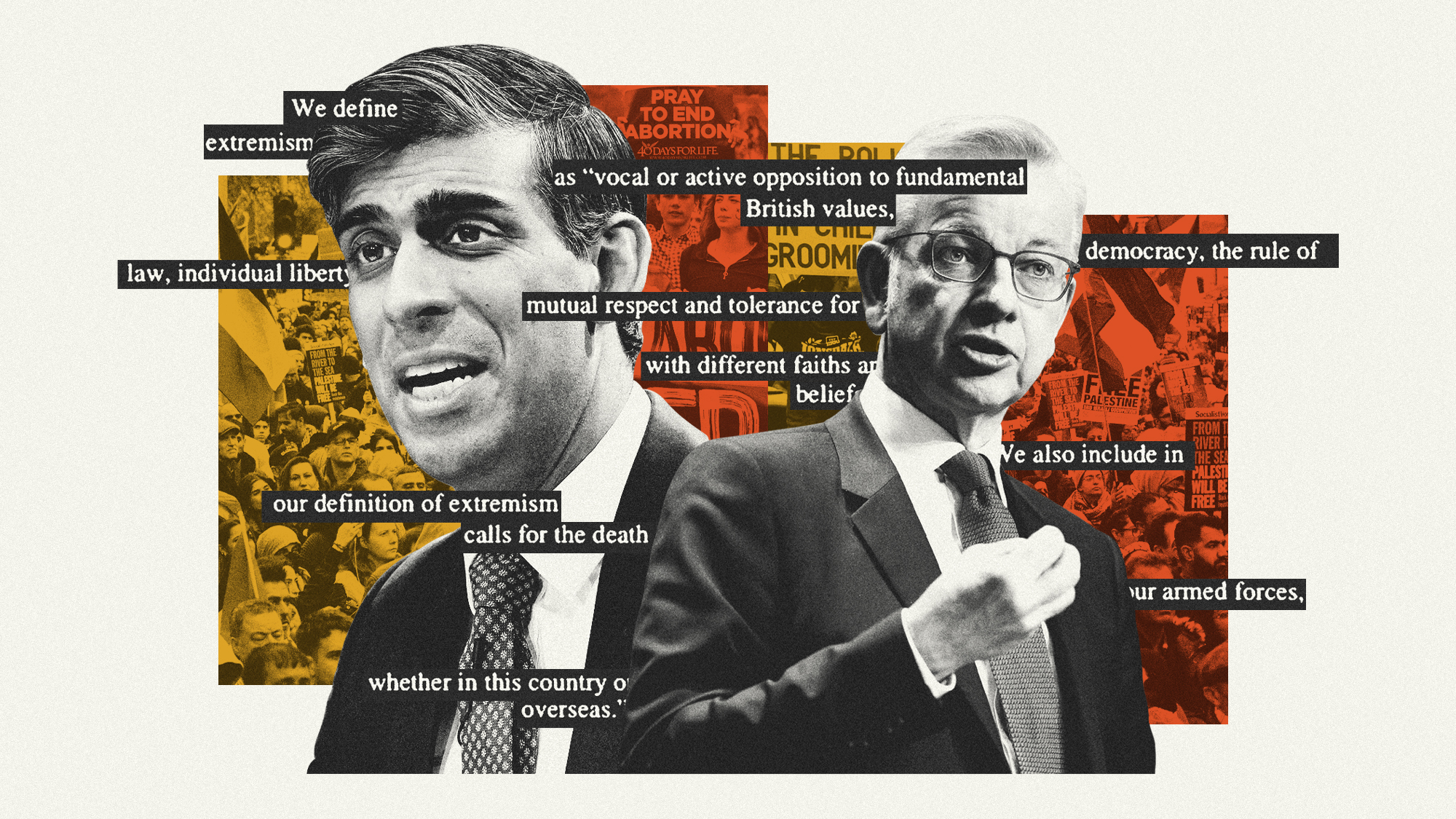 What is the new definition of extremism?
What is the new definition of extremism?Today's Big Question Michael Gove on a mission to 'push for more stringent measures to tackle extremism in the UK'
-
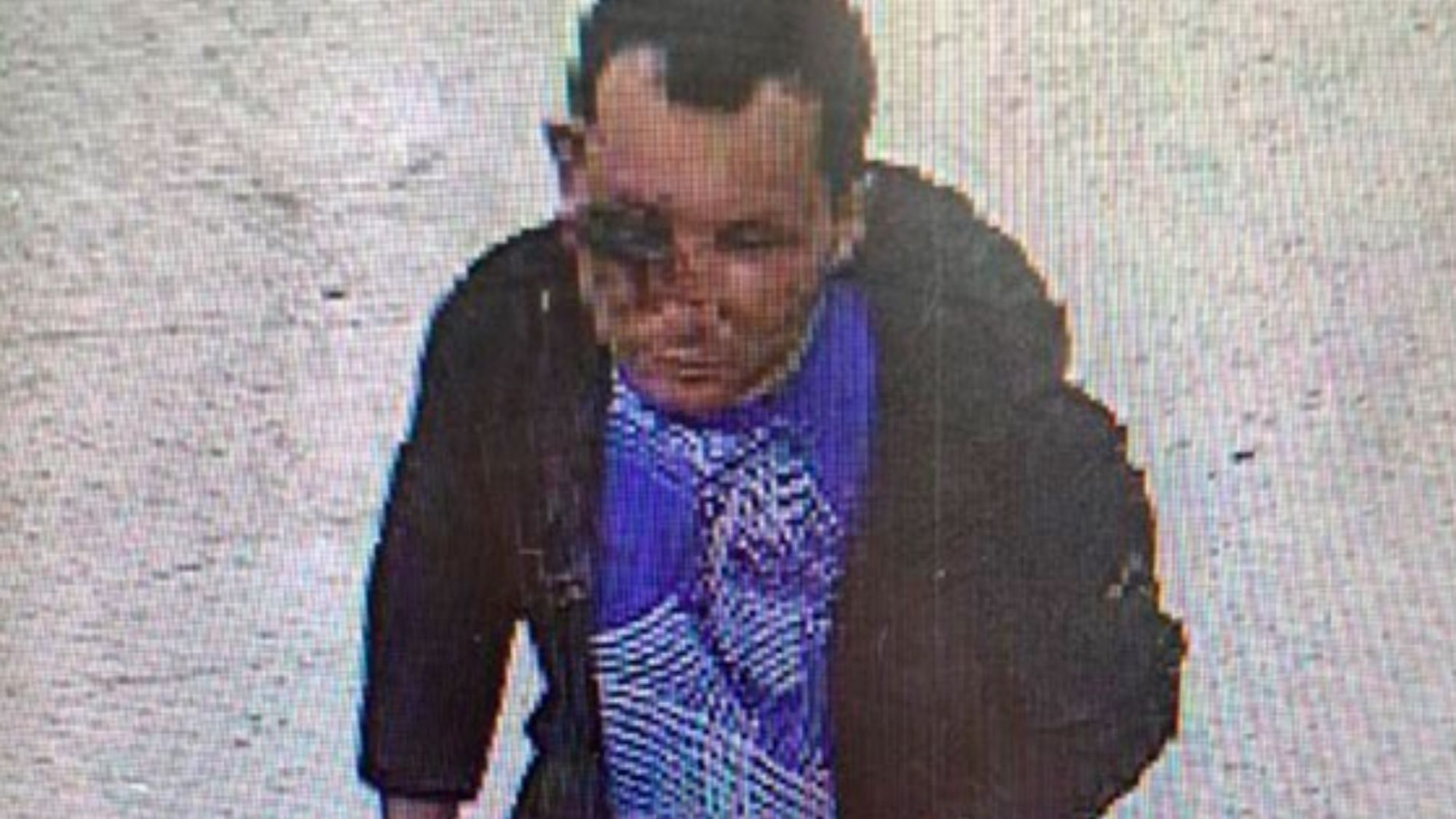 The Clapham attack: a 'wake-up call'?
The Clapham attack: a 'wake-up call'?Talking Point The shocking case may prove the British asylum system is broken but it has also been exploited for political purposes
-
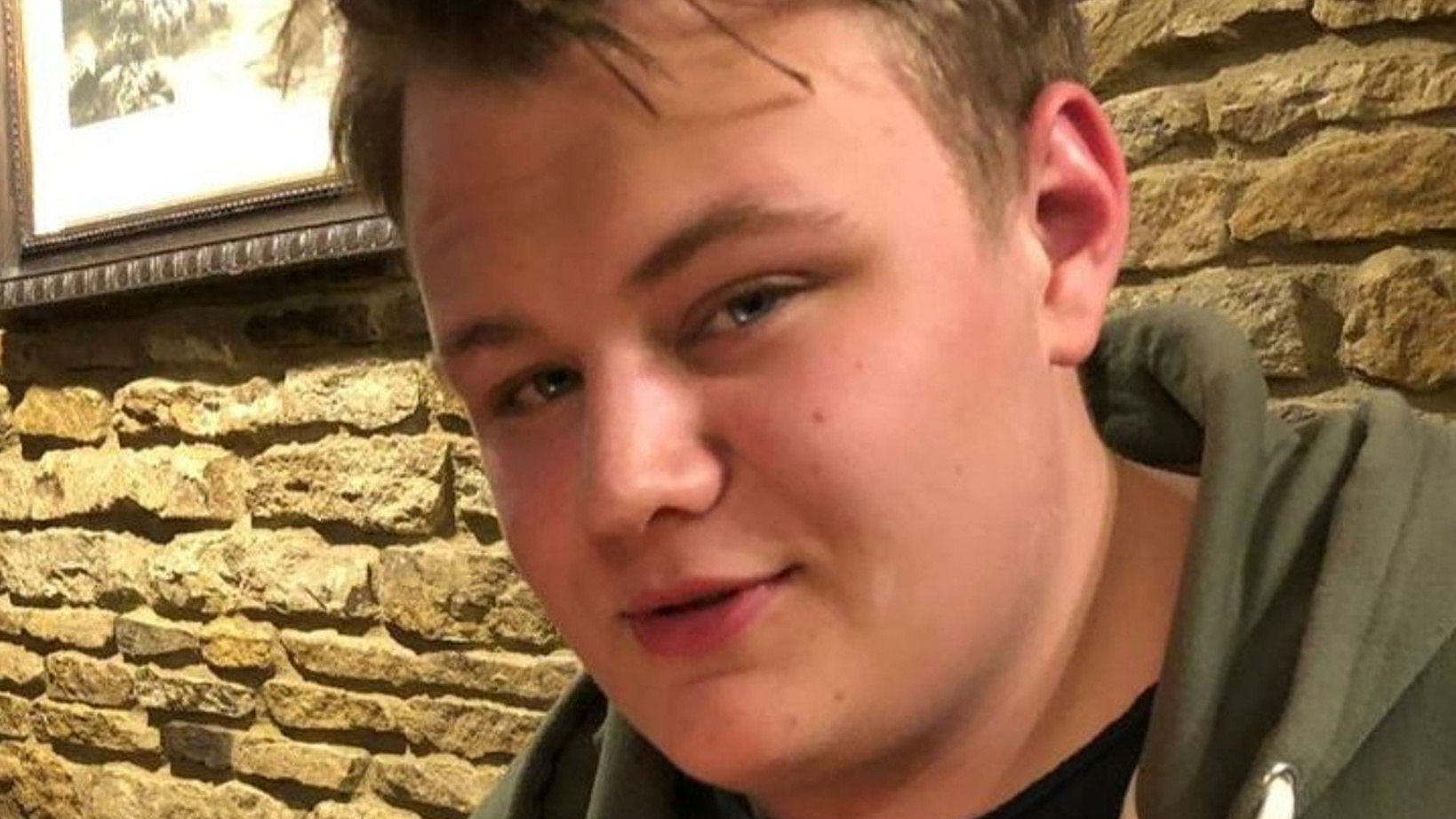 Could Anne Sacoolas face jail over Harry Dunn’s death?
Could Anne Sacoolas face jail over Harry Dunn’s death?In Depth Former CIA spook could be made to serve a sentence in the US if convicted
-
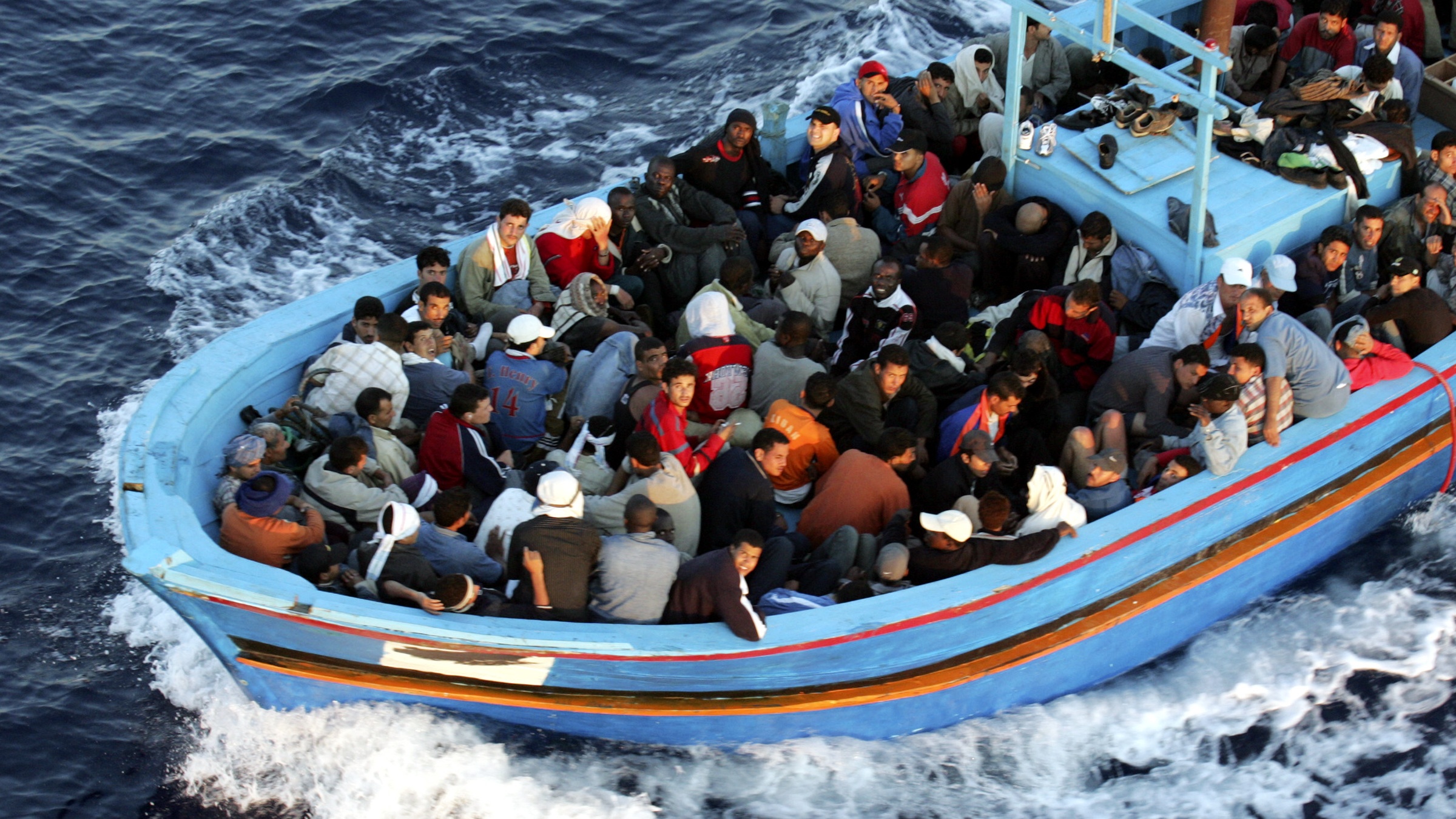 Illegal migrants to be used as ‘whistle-blowers’ to convict traffickers
Illegal migrants to be used as ‘whistle-blowers’ to convict traffickersSpeed Read National Crime Agency to offer more lenient treatment to immigration offenders who help jail smugglers
-
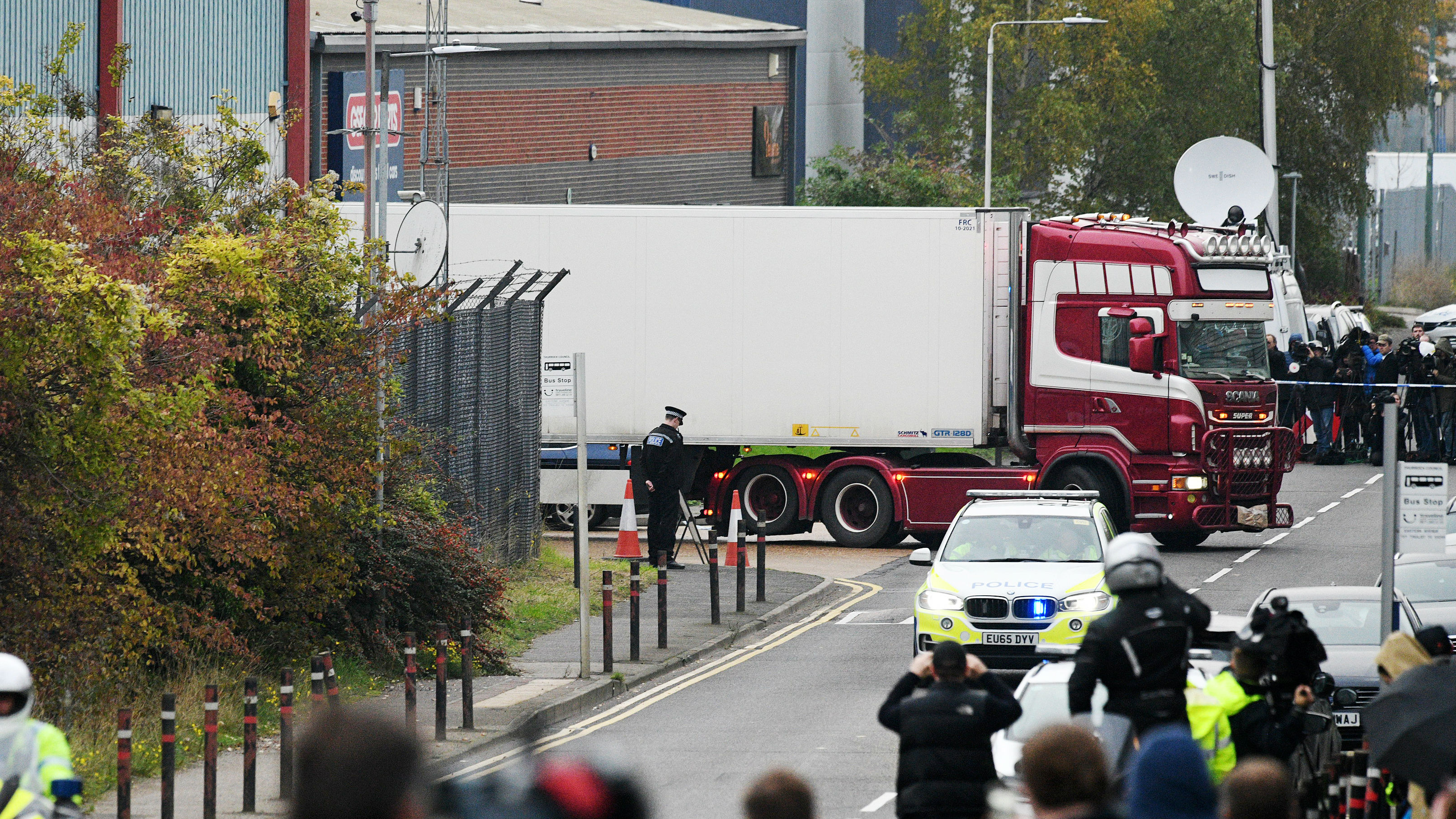 Essex lorry deaths: who has been arrested?
Essex lorry deaths: who has been arrested?In Depth Eight more people detained as postmortem examinations of the 39 victims continue
-
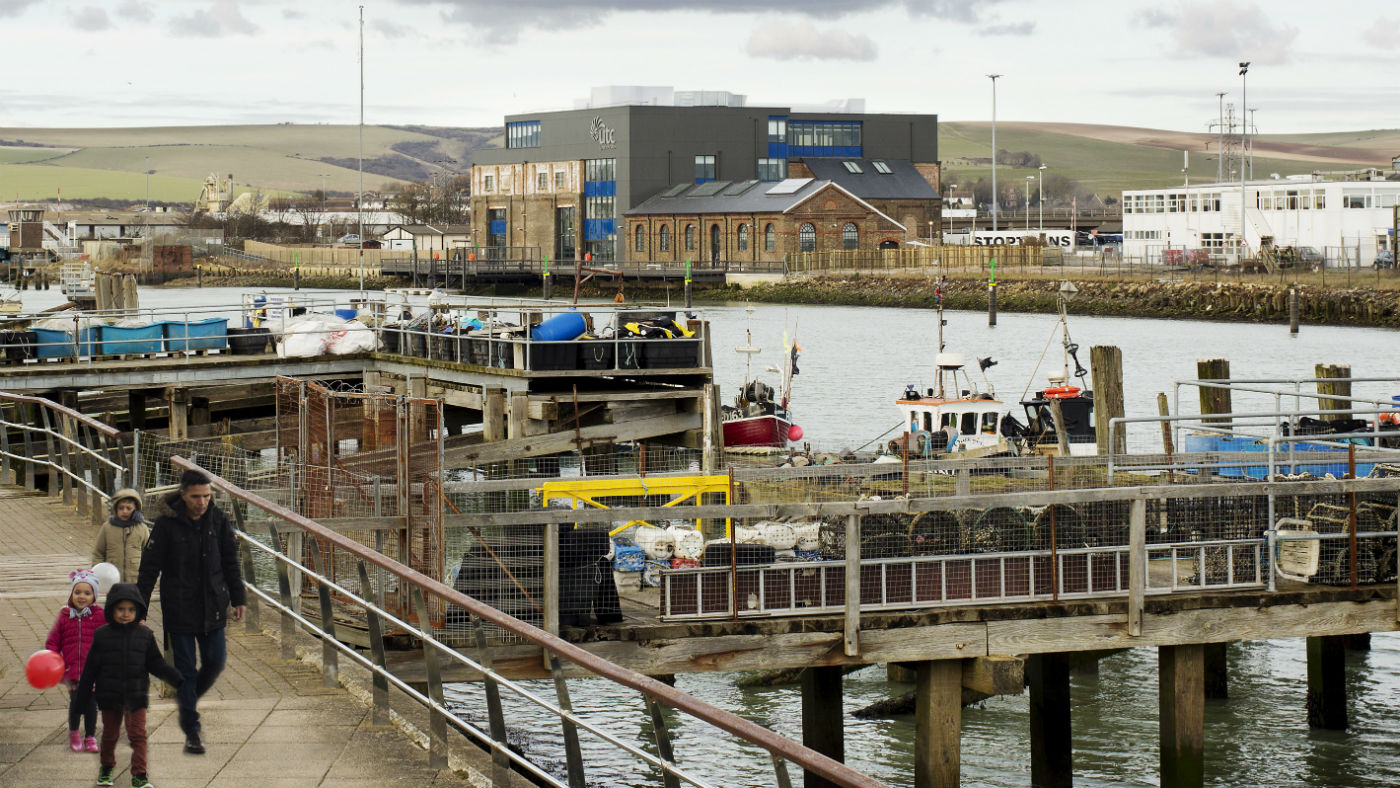 Fifteen children found hidden inside refrigerated lorry in Sussex
Fifteen children found hidden inside refrigerated lorry in SussexSpeed Read Driver arrested after Vietnamese youngsters and six adults discovered in shipment of sparkling water
-
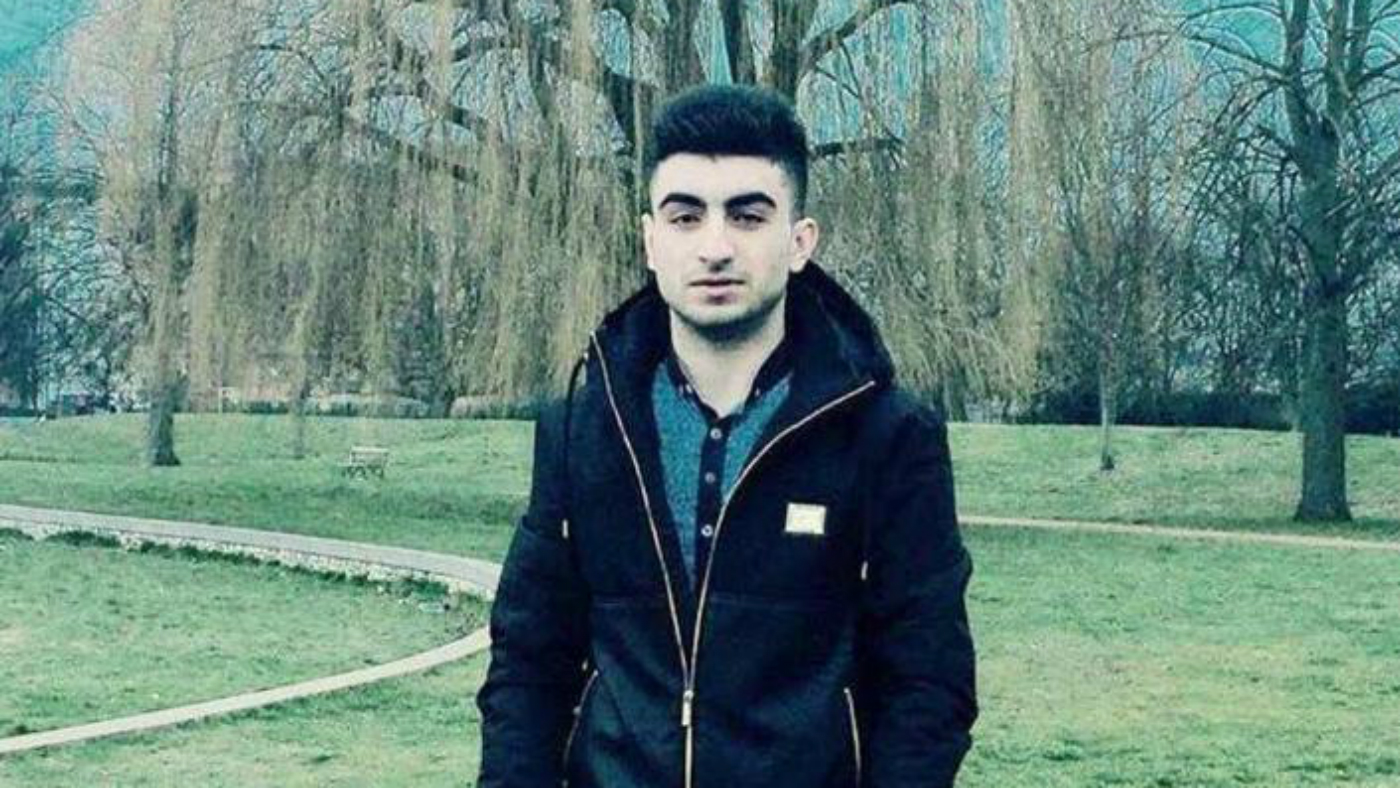 Five in court over Croydon asylum-seeker attack
Five in court over Croydon asylum-seeker attackSpeed Read Scotland Yard announces arrests of two more people over assault on 17-year-old Reker Ahmed